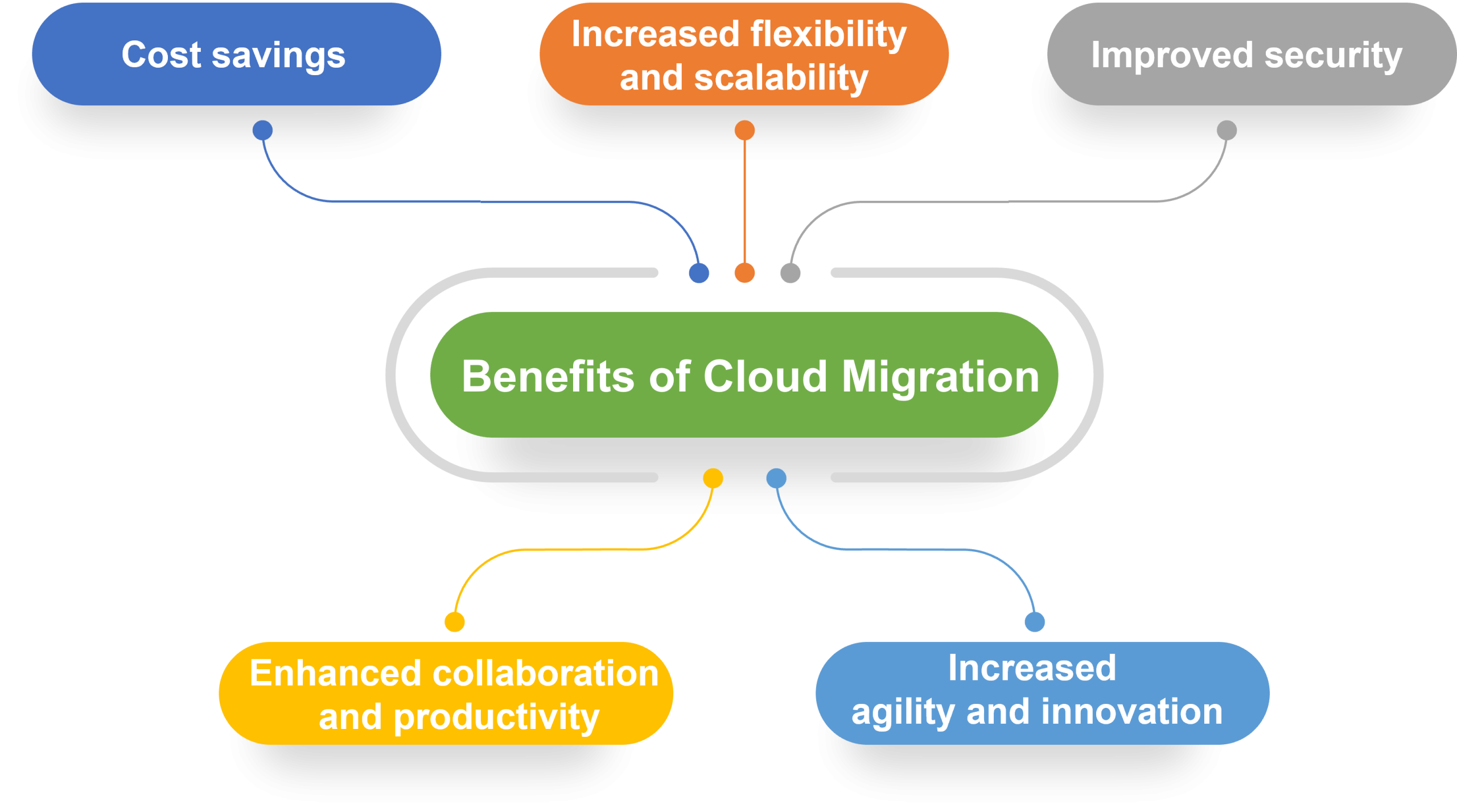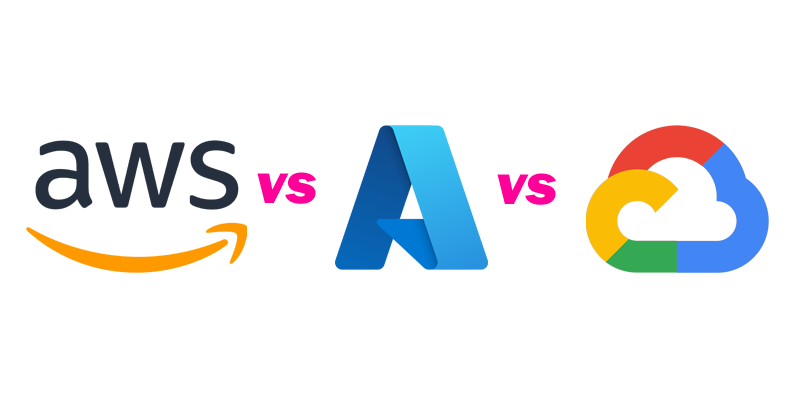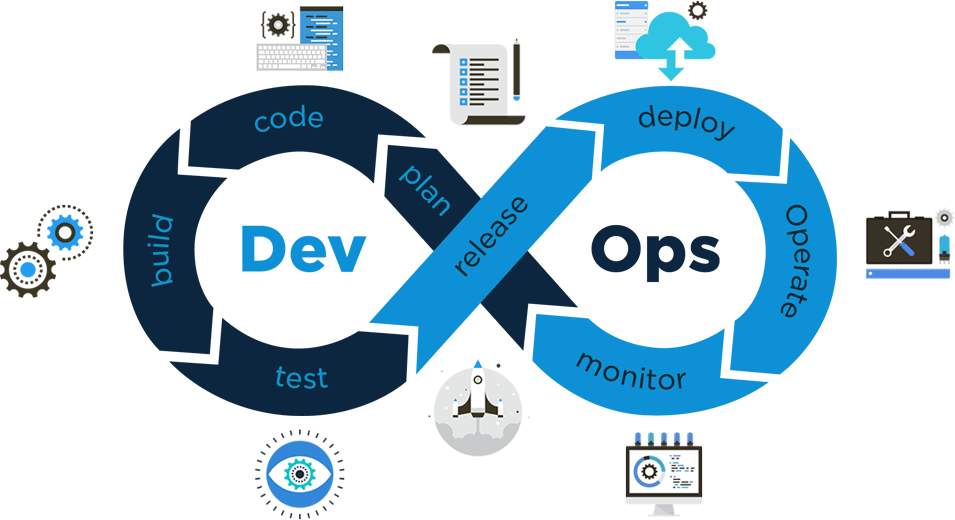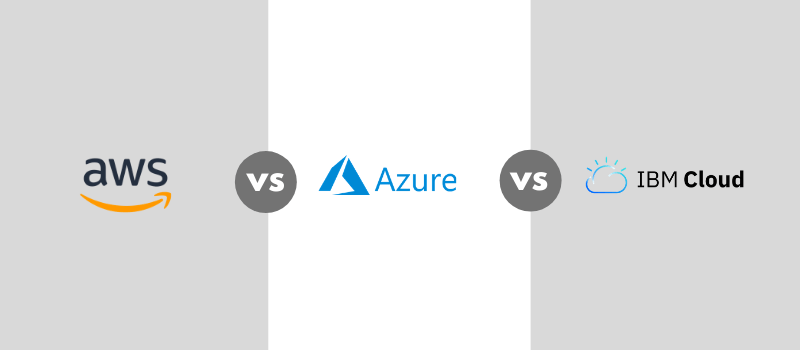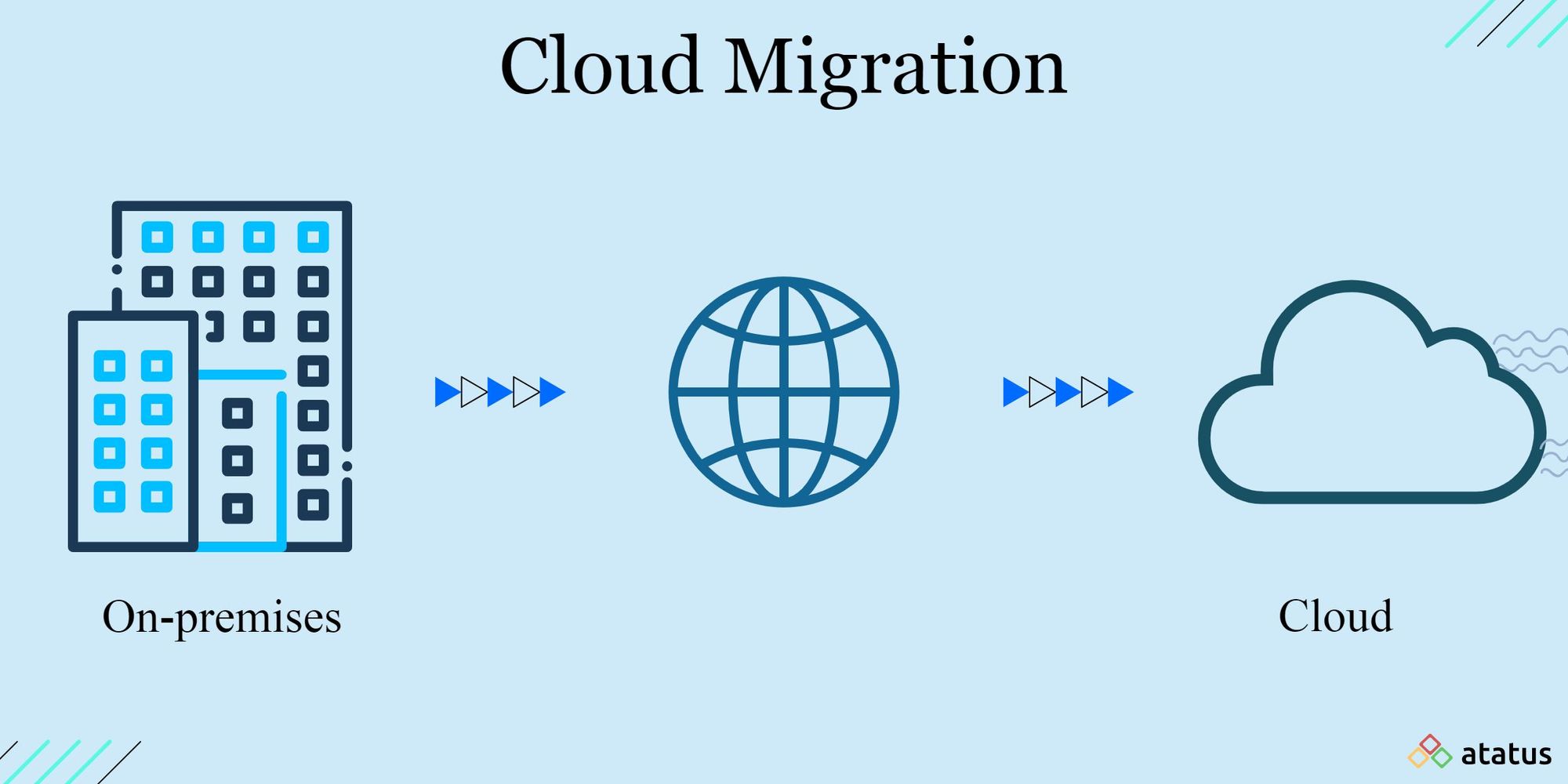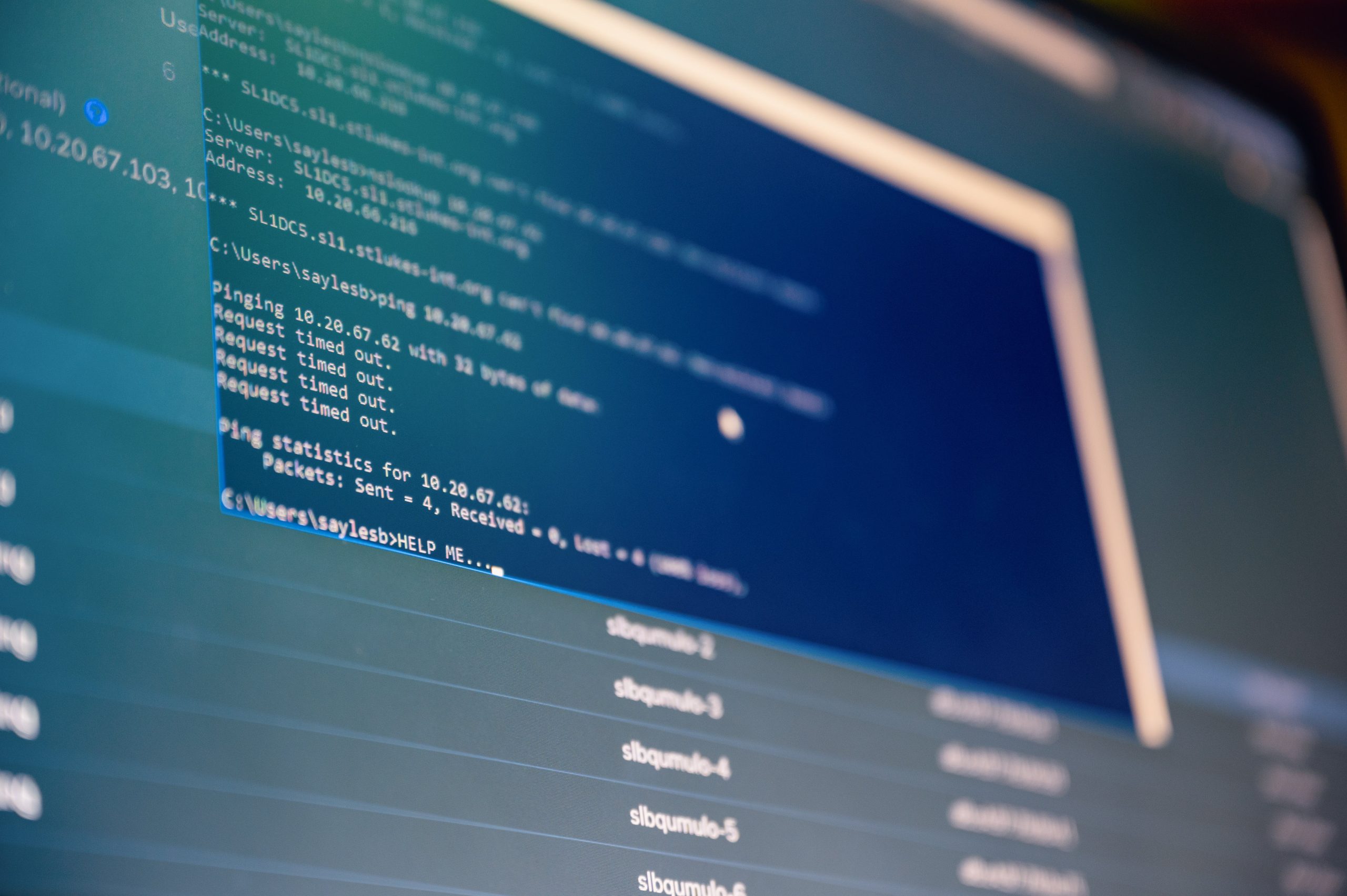Elevating Software Development with Quantum-Inspired AI Algorithms

Quantum-based operations, a core principle of quantum computing, have the potential to revolutionize software development services by significantly enhancing computation speed, solving complex problems, and optimizing various aspects of the software development lifecycle. Quantum computing operates on principles of quantum mechanics, leveraging phenomena like superposition and entanglement, enabling the representation of more extensive datasets and faster data processing.
- Parallelism and Superposition: Quantum computers make use of superposition, something which allows qubits (quantum bits) to represent both 0 and 1 simultaneously. In the realm of software development, this enables quantum computers to perform multiple calculations at once, massively increasing the computation speed for algorithms. This results in the completion of tasks which would have been concluded in an exponentially greater amount of time without the presence of quantum computing.
- Quantum Algorithms: Certain quantum algorithms, like Shor’s algorithm and Grover’s algorithm, offer highly effective and efficient solutions for specific computational problems. For example, Shor’s algorithm can factor mammoth numbers at an exceptionally quicker pace than even the most well-renowned classical algorithms. Integrating these algorithms optimizes essential development functions like encryption and data searching.
- Optimization Problems: Quantum computers are adept at overcoming optimization hurdles, which are an irreplaceable component for code optimization and resource allocation. One such quantum optimization technique is Quantum annealing, which can locate the optimal solutions for complex combinatorial optimization problems, boosting performance and efficiency across applications.
- Machine Learning and AI: Quantum computing can accelerate Machine Learning and AI algorithms as well. Machine Learning algorithms enhanced my quantum computing create faster data analyses, improved pattern recognition, and more efficient training of models. Quantum neural networks and quantum-based algorithms are now promising a superior set of AI capabilities in the future.
- Cryptography and Security: Classical cryptographic methods are now being overtaken by quantum computing. Quantum computing which incorporates quantum key distribution and quantum resistant algorithms is offering security systems of unmatched robustness. Quantum-safe cryptography guarantees data protection even in a post-quantum era, a feature which is an essential aspect of protected software development.
- Simulating Quantum Systems: Quantum computers are greatly competent at simulating quantum systems which are particularly essential in the scientific spheres of chemistry and materials. Quantum simulations allow for accurate modeling of molecular interactions, material traits, as we as breakthroughs in narcotics. This prowess enhances the software systems used in molecular dynamics simulations and quantum chemistry applications.




